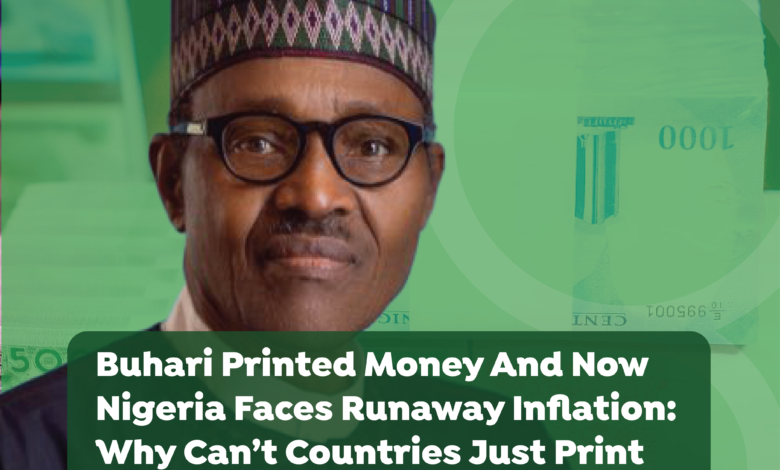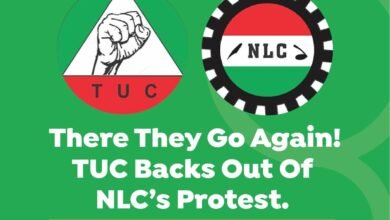
One of the enduring legacies of former President Muhammadu Buhari’s administration is the staggering amount of cash printed and injected into the system by the Central Bank of Nigeria. Buhari’s presidency coincided with a sharp decline in the price of crude oil, Nigeria’s primary revenue source, complicating the government’s finances. To offset the shortfall, the President relied on the Central Bank of Nigeria to generate cash to bridge the budget deficit. While it’s not uncommon for the CBN to intervene and provide funds during emergencies through ‘ways and means,’ this practice is typically controlled, pegged against the country’s revenue balance. Such advances from the CBN should not exceed five percent of the previous year’s actual revenue of the Federal Government. However, this safeguard was completely disregarded by the Buhari administration.
When President Buhari assumed office in 2015, CBN loans to the Federal Government totaled N789.7 billion. By the end of his tenure, this figure skyrocketed to over N20 trillion. Essentially, whenever the government faced a cash shortfall, the CBN simply printed more money for it to spend. But why is this an economically damaging choice? Why can’t countries just print as much currency as they need to finance their needs?
One simple reason is that it leads to an oversupply of currency in circulation, devaluing the currency’s worth. When the value of a currency weakens, you need more of it to complete transactions. An inflation ensues. One way to address this is to raise interest rates which entices individuals with cash to save them and reduce the supply in circulation. However, a consequence of this is that it becomes challenging for businesses to borrow the funds they require for expansion, hiring, and other activities that drive economic productivity.
In Nigeria’s case, because the interest rate is significantly lower than the inflation rate, individuals with surplus cash are hesitant to save, opting instead to invest in dollars, which is considered a more stable investment. With an abundance of naira seeking dollars, the value of the dollar surged compared to the naira. Additionally, the intervention of the then CBN Governor, Godwin Emefiele, by establishing an artificial exchange rate, further worsened the situation, leading to a thriving black market. This scenario also became a lucrative business model for individuals with connections to obtain dollars at the official rate and sell them on the black market.
These factors have placed Nigeria in a challenging economic situation. While countries may exercise control over their legal tender, they are restricted by common sense economic principles that mean that cash cannot simply be printed and dumped in circulation.





